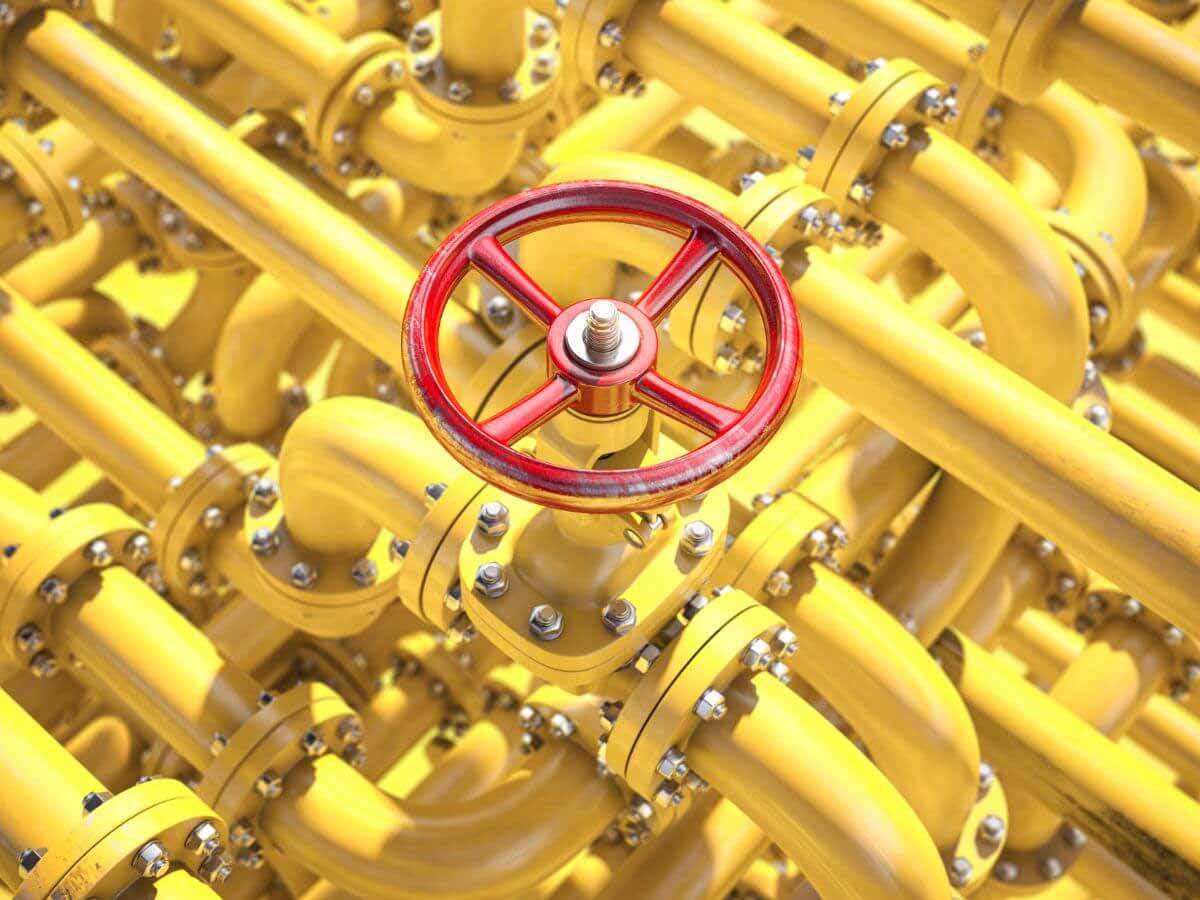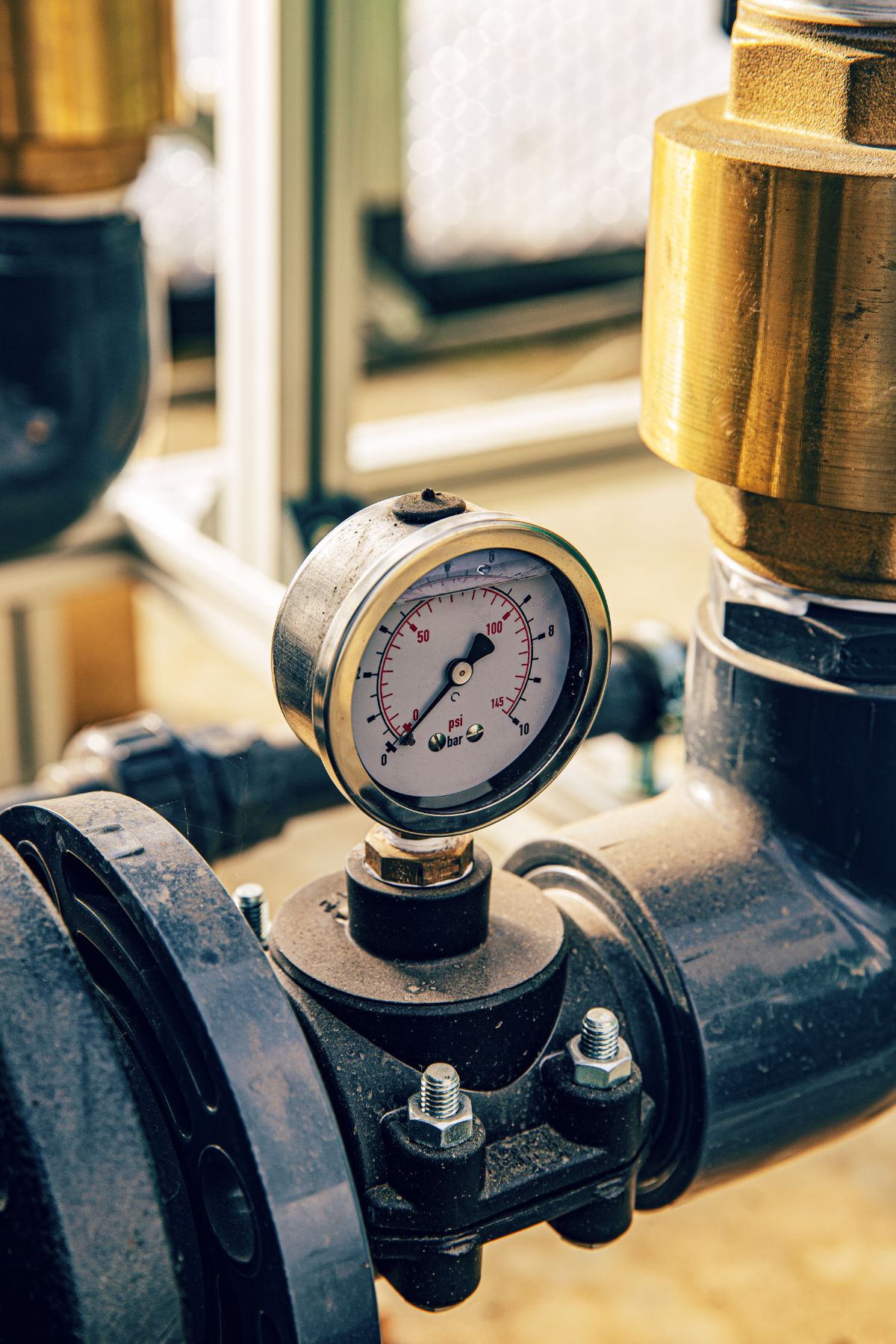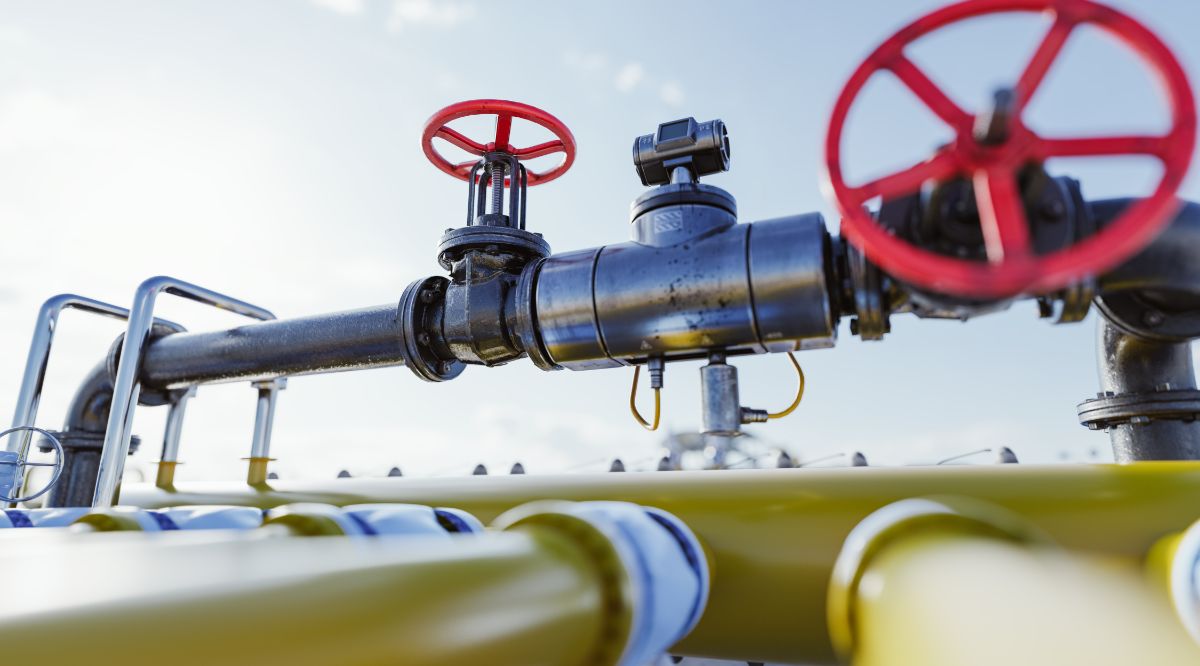
What’s the Difference Between Oil Pipes and Gas Pipes?
What’s the difference between oil pipes and gas pipes?
- Composition
- Pressure
- Corrosion
- Treatment
Oil and gas transportation is essential to the global energy industry. Pipelines constitute a vital part of this process. However, transporting these two fossil fuels requires different design and engineering considerations owing to their unique physical properties. Therefore, it is essential to know the critical difference between oil pipes and gas pipes.
In this article, you can better understand the critical disparities to learn the appropriate material for your system.
Composition
Oil and gas are two different substances that require appropriate pipelines for transportation. Oil is a more viscous substance and requires durable channels to withstand its weight and pressure. Steel pipes are typically used for oil transportation as they have high tensile strength and resist high pressure and extreme temperatures. Moreover, steel is also resistant to corrosion, which is essential because oil is transported over long distances, and the pipeline may be exposed to harsh environments.
On the other hand, gas is a lighter and more volatile substance that can be transported more efficiently through pipelines that have a lower weight and can flex more easily. This is where plastic pipes come into play. High-density polyethylene (HDPE) is a type of plastic that is commonly used for gas transportation because of its lightweight, flexible nature, and corrosion resistance. These properties make it an ideal choice for pipelines that need to transport gas over long distances and through different terrains.
Pressure

The pressure inside gas pipes is typically much higher than that in oil pipes due to the nature of the substances being transported. Natural gas is typically transported at a much higher pressure than oil to maximize its energy efficiency. This means that gas pipelines need to be able to withstand much higher pressure than oil pipelines.
The reason for this higher pressure is that natural gas is a much less dense substance than oil. To transport natural gas efficiently, it needs to be compressed to a high pressure to increase its density. This allows for more gas to be transported in a smaller pipeline, which is more energy-efficient and cost-effective.
In contrast, oil is a more viscous and dense substance that does not require the same level of compression. As a result, the pressure inside oil pipelines is generally lower than that inside gas pipelines.
Corrosion Resistance
Gas pipes are typically more resistant to corrosion than oil pipes due to several factors related to the nature of the substances being transported. Firstly, natural gas contains fewer impurities than oil. This means that it is less likely to react with the pipe material and cause corrosion over time. In contrast, oil often contains impurities such as sulfur and other acids, which can react with the pipe material and cause corrosion.
Additionally, the process of transporting gas often involves the use of dry and clean pipelines. This is because natural gas needs to be kept free from moisture and other contaminants that could cause corrosion or damage to the pipeline. The dry and clean pipeline conditions help prevent the accumulation of moisture, which is a major factor in pipeline corrosion.
Treatment

Before oil is transported through pipelines, it often undergoes several treatments to make it easier to transport and to ensure its quality. One of the most common treatments is the removal of impurities, such as sulfur and other contaminants, which can cause corrosion and other problems in the pipeline. This is typically achieved through a process called desulfurization, which involves removing sulfur compounds from the crude oil.
The viscosity of the oil is also adjusted to make it easier to transport through the pipeline. Viscosity varies depending on the type of crude oil and the temperature at which it is transported. Oil that is too thick can be difficult to transport, so it is often heated or mixed with other substances to reduce its viscosity.
Gas, on the other hand, typically requires little to no treatment before transport. This is because natural gas is a much purer substance than crude oil, containing few impurities or contaminants. Additionally, natural gas is a much lighter and less dense substance than oil, which means that it can be transported more easily through pipelines. Natural gas is often transported at high pressure, which helps to compress the gas and increase its density, making it even easier to transport.
Despite the differences in treatment required for oil and gas, both substances must be transported through pipelines that are designed and constructed to meet strict safety regulations and industry standards.
Key Takeaway
In summary, the differences between gas and oil pipelines highlight the complexity of pipelines and the need for specialized solutions for different types of substances. Whether it’s oil or gas, both require pipelines that are designed to ensure safety, efficiency, and reliability.
If you want to learn more about the difference between oil pipes and gas pipes, you can check us out at Supreme Pipe Corp. We are a supplier of steel pipes in the Philippines that can improve your home, transport your materials, and maintain your pipe system.


